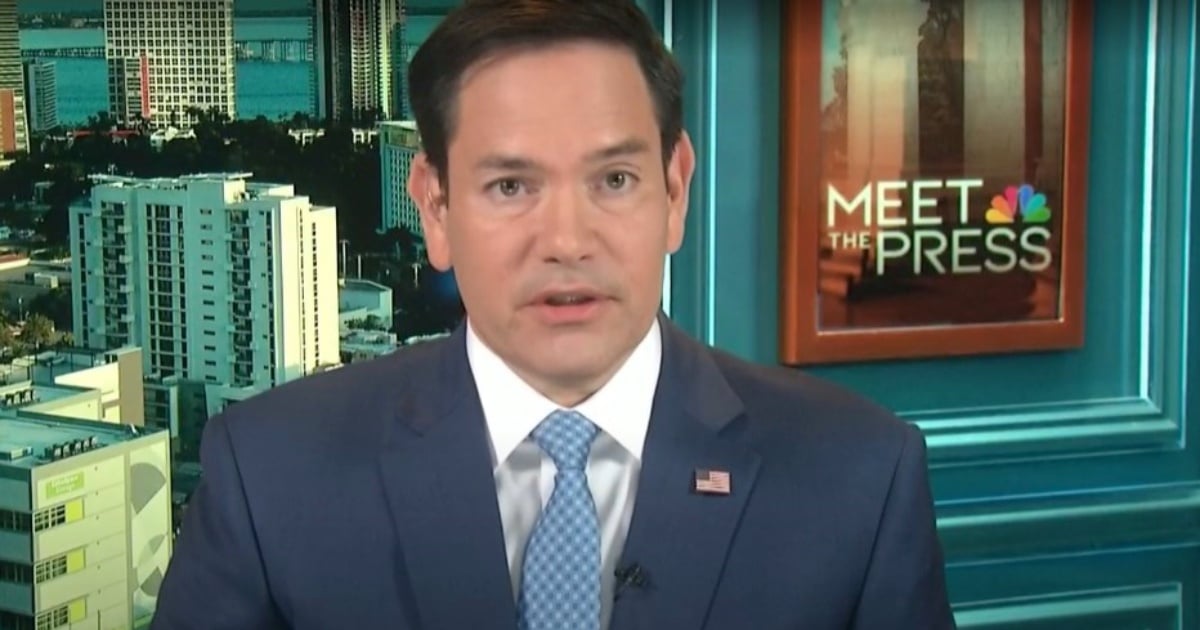
The appointment of Senator Marco Rubio as Secretary of State under the new administration of Donald Trump, pending Senate confirmation, has fueled speculation about a significant tightening of U.S. policy towards Cuba.
CNN's correspondent in Cuba, Patrick Oppmann, has examined the possible implications of this scenario, interviewing experts and key figures to understand the potential impacts on the island.
A strategic position against Cuba.
Rubio, the son of Cuban exiles, has been a fierce critic of the Cuban regime and has worked for years to strengthen the trade embargo against the island.
If confirmed as Secretary of State, Rubio would be in a unique position to impose harsher sanctions, increase funding to opposition groups, and further restrict travel to Cuba.
Peter Kornbluh, co-author of Back Channel to Cuba, explained to Oppmann that “[Rubio] has reached the pinnacle of power and a position in the U.S. government that he has never held before, and he will use it in relation to Cuba to demonstrate his reputation as a hardline extremist regarding the island.”
Kornbluh also warned that this situation "could really be the final nail in what is already a very deep grave for Cuba."
Cuba, a personal cause for Rubio
Throughout his career, Rubio has made the issue of Cuba a central focus of his politics.
His official Senate biography highlights that he entered politics "largely because of his grandfather, who witnessed his homeland being destroyed by communism."
In a conversation with Oppmann, Manuel Roig-Franzia, author of The Rise of Marco Rubio, noted that the Cuban-American senator "has defined himself as the son of Cuban immigrants," and that it would be "shocking" if he did not seek to elevate Cuba's profile in U.S. foreign policy as Secretary of State.
According to a diplomat interviewed on the condition of anonymity, during Trump's first term, Rubio already played a prominent role in the policy towards the island: "Rubio was the leading voice on Cuba [...]. We just have to keep him happy."
Possible repercussions of a more aggressive policy
As Secretary of State, the senator from Florida would have the ability to directly influence countries economically tied to the United States to reduce their support for Havana.
Going further, Marco Rubio could even leverage his position to pressure key allies of Cuba, such as Mexico, which has supported the island with oil shipments and medical contracts.
In Miami, a stronghold of the exiled Cuban community, Rubio is regarded as a defender of the interests of those who fled the socialist regime.
His tough stance could further solidify his support among conservative Latino voters.
However, some experts interviewed by the cited journalist warn about the risks associated with these policies.
Ricardo Herrero, director of the Cuba Study Group, stated that "to my knowledge, there are no plans regarding what to do with a failed state just 145 kilometers off the coast of the United States, which is what Cuba seems to be approaching."
Cuba adrift
In a burst of optimism, Miguel Díaz-Canel told state media following Trump's election: “We will move forward, without fear, trusting that with our own efforts and our own talent, we can succeed.”
However, the on-the-ground data, particularly the frequent blackouts and the shortage of basic goods, stand in stark contrast to these statements.
The Cuban economy continues to be in the midst of a steep decline.
Patrick Oppmann's analysis emphasizes that the policies Marco Rubio could implement as Secretary of State would have profound implications, not only for the already weakened Cuban economy but also for bilateral relations and regional stability.
The outcome will depend on how the Cuban regime handles the pressure and whether the United States takes into account the potential collateral effects of a collapse on the island.
Impact of the potential appointment of Marco Rubio as Secretary of State on Cuba
What does Marco Rubio's appointment mean for U.S. policy toward Cuba?
The appointment of Marco Rubio as Secretary of State could signify a hardening of U.S. policy toward Cuba. Rubio, a critic of the Cuban regime, has advocated for stricter sanctions and more severe restrictions. His influence might lead to increased pressure on Cuba and its allies, impacting the island’s economy and bilateral relations.
How could Marco Rubio's policy affect travel and trade with Cuba?
Marco Rubio could implement stricter sanctions and further restrict travel to Cuba. This may include additional limitations on trade and cultural exchanges, which would impact the Cuban economy and those who rely on these relationships for their businesses or family activities.
What is Marco Rubio's stance on the Cuban regime?
Marco Rubio has been one of the regime's most vocal critics in Cuba.He views the Cuban government as a threat to the national security of the United States and has advocated for a regime change. He has expressed strong support for the Cuban opposition and condemned the repressive tactics of the Cuban government.
What implications would Marco Rubio's leadership have on U.S. diplomacy?
Marco Rubio's leadership in U.S. diplomacy could solidify a more aggressive foreign policy towards Latin America. His approach might entail an increase in sanctions and restrictions against authoritarian regimes in the region, aligning with Donald Trump's "America First" vision.
Filed under: